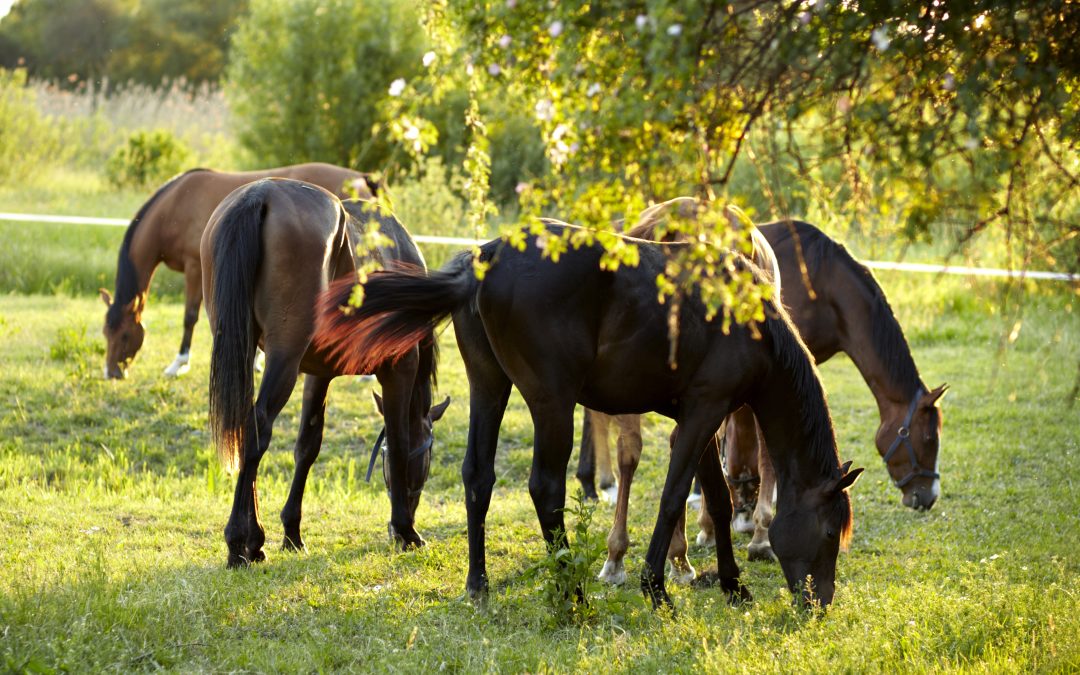
by Jen Davis | Dec 1, 2022 | Equine Health, News
Granulosa cell tumours are the most common reproductive and sepecifically ovarian tumours to affect mares. They are benign, often unilateral but functional in nature but may have adverse effects on both cyclicity and behaviour. Mares with granulosa cell tumours...
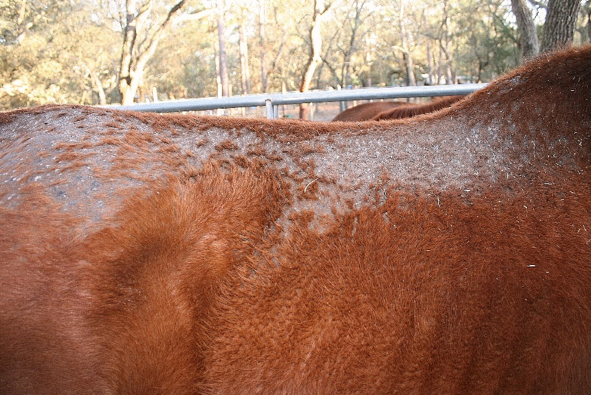
by Jen Davis | Dec 1, 2022 | Equine Health, News
Due to the ridiculous amount of rain the South-west (and everywhere else) has been experiencing of late, skin conditions such as ‘Dermo’ are common at the moment. Read here a bit about it, as it is a good one to avoid! The condition of dermatophilosis, or “Rain scald”...
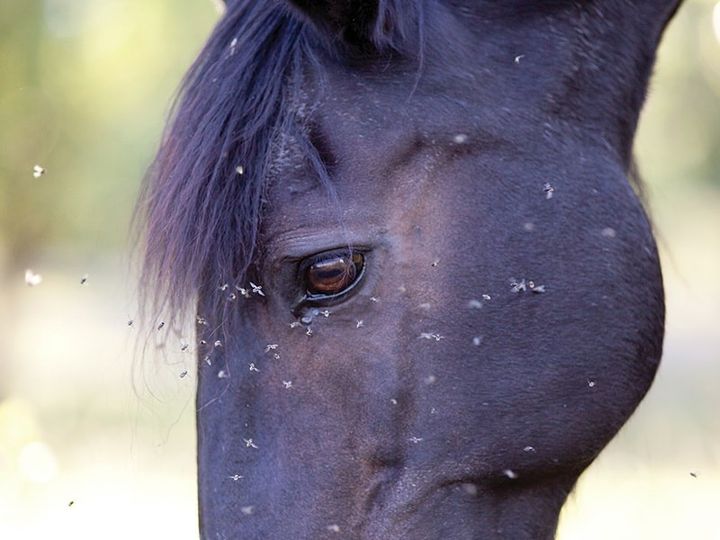
by Jen Davis | Dec 1, 2022 | Equine Health, News
Japanese encephalitis is a mosquito-borne viral disease that can cause reproductive losses in pigs and encephalitis in other susceptible animal species. Horses are a susceptible species. It is caused by Japanese encephalitis virus which is a member of the Flavivirus...
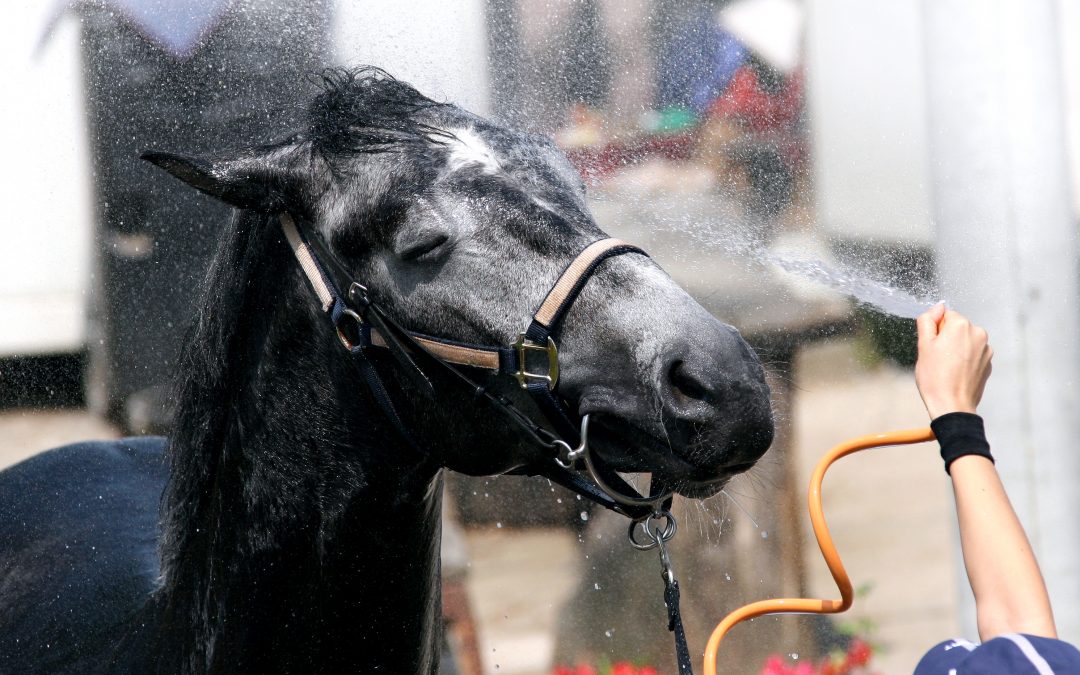
by Jen Davis | Dec 1, 2022 | Equine Health, News
Heat stress can occur in all horses, and can occur over a relatively short period of time, particularly in the case of unfit athletes worked strenuously in high ambient temperatures, or can occur from protracted fluid and electrolyte loss during exhaustive exercise...
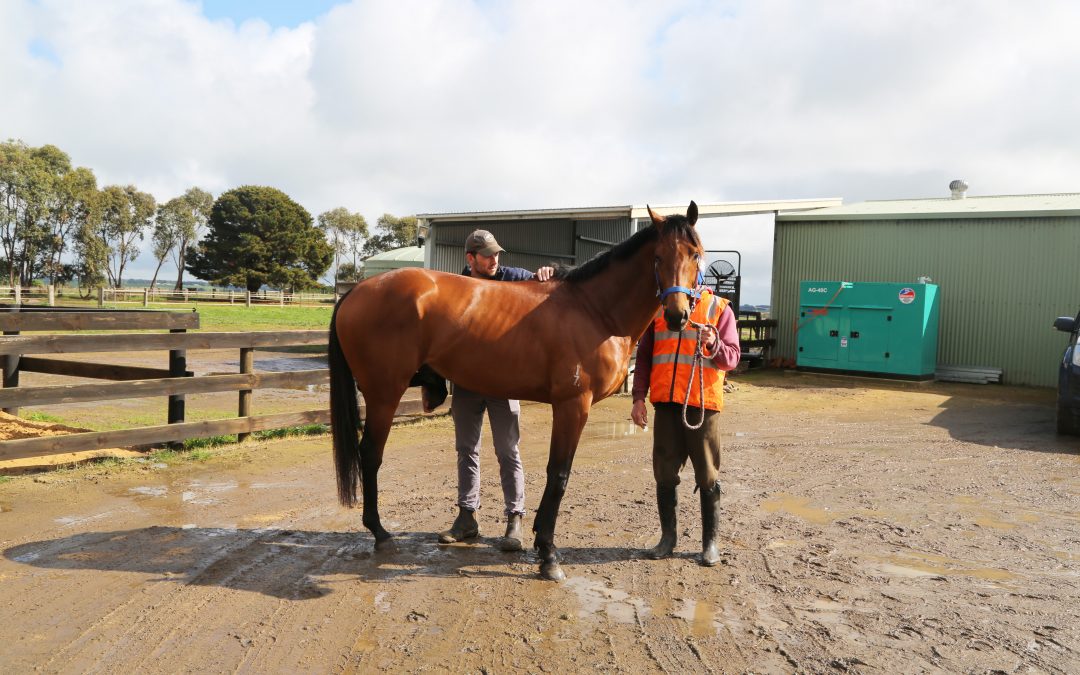
by Jen Davis | Sep 15, 2022 | Equine Health, News
Back pain is a common complaint we see in our practice. This problem, although typically associated with performance horses, is becoming more prevalent or perhaps more readily identified by our racing clients also. Back pain, and in particular kissing spine is a...
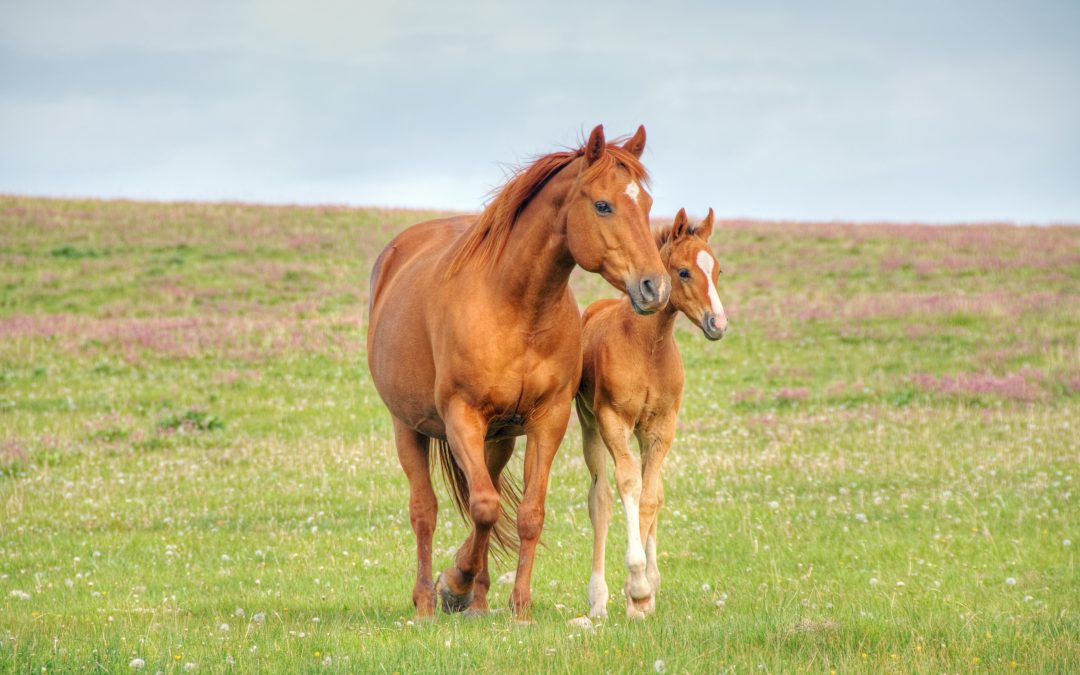
by Jen Davis | Sep 15, 2022 | Equine Health, News
Newborn foal health checks are a crucial in the first 24hrs. Neonatal foals can deteriorate quickly if certain issues go undetected such as meconium impaction, septicaemia and failure of passive transfer. A neonatal foal check will include the following: 1. Thorough...







